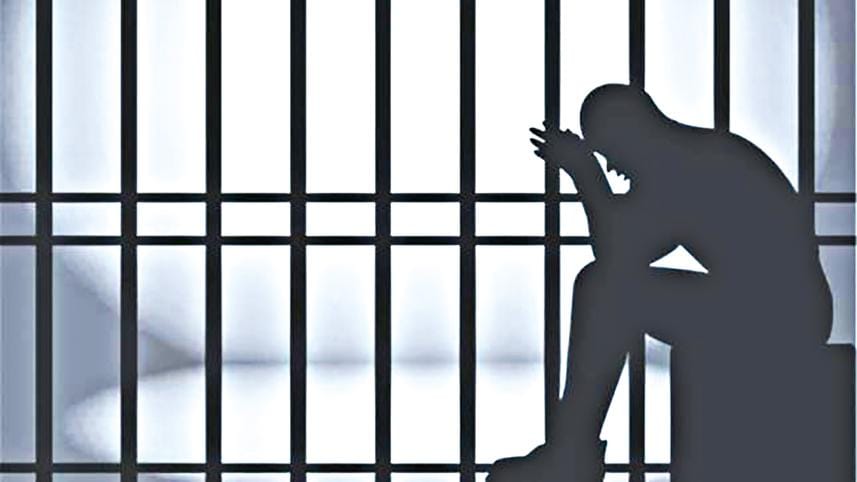Remedies against false cases

What could possibly be more distressing than being accused of a crime that someone has not committed? Newspaper reports often note the prevalence of false cases which result in innocent individuals being falsely accused, detained, and harassed. Many spend years in jail before their trial begins, causing families to struggle both financially and emotionally. Mostly, poor, vulnerable, and marginalised communities face unjust burdens trapped within the vicious cycle of power and manipulation. It is imperative that necessary steps are taken to deter this mischief.
There are several provisions in the laws of Bangladesh that provide for the punishment of those who file false, baseless, or vexatious cases. In addition to the special laws, there are two sections of the Penal Code, 1860, namely, sections 211 and 182, that may be used to penalise those who file false first information reports (FIRs) or initiate any fraudulent criminal cases. Generally, in this regard, separate actions must be initiated.
There is however possibility to penalise people who make false accusations even within the same process with the help of section 250 of the Code of Criminal Procedure, 1898. According to this provision, if the charge is found to be untrue and baseless, the court may order the complainant or informant to compensate the accused. In Karimdad v Abul Hossain, the High Court Division held that section 250 of the Code empowers only magistrate to invoke the provisions while trying a case by him if he finds the accusations to be false, frivolous, or vexatious. On the other hand, sessions courts in India are permitted to use this section notwithstanding comparable rules in the Code of Criminal Procedure, 1973. In State of Rajasthan v Jainudeen Sheikh and Others, the court ruled that section 250 of the Code of Criminal Procedure, 1973 explicitly empowers the magistrates to award compensation under specific situations. The sessions judge may also award compensation in certain instances.
Furthermore, compensation under section 250 of our Code of Criminal Procedure, 1898 is quite low (generally, capped at one thousand Taka or at five hundred Taka if the magistrate is of the third class). Damage awards in India can extend to the maximum amount of fine that a magistrate is generally empowered to impose. Compensation in Pakistan is capped generally at 25,000 Pakistani Rupees, or 2,500 Pakistani Rupees if the magistrate is of the third class. Considering developments in other countries, it is high time we strengthened our regime for submitting a fraudulent case or filing a false FIR.
False cases with malicious intent require thorough screening by authorities to prevent a steady increase in filings. Enforcement of laws against false case filers and compensation for victims are crucial measures to combat this issue. Concerted efforts from lawyers, law enforcement officials, and judges can help reduce frivolous litigations in Bangladesh.
The writer is an advocate, District & Sessions Judges Court, Dhaka.



 For all latest news, follow The Daily Star's Google News channel.
For all latest news, follow The Daily Star's Google News channel.
Comments